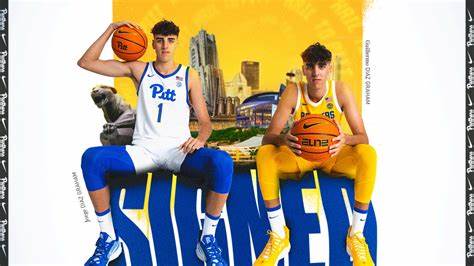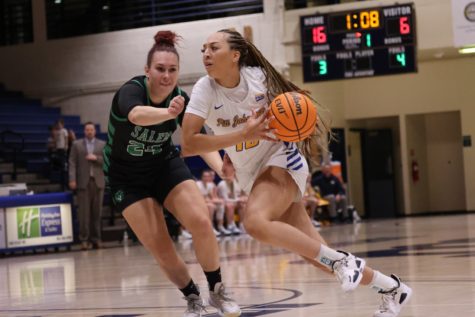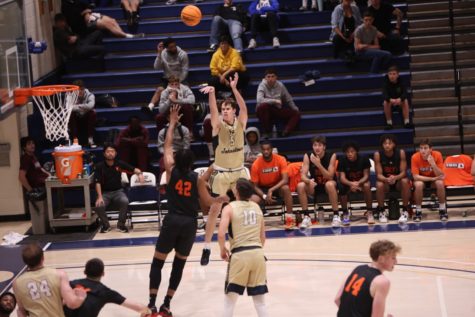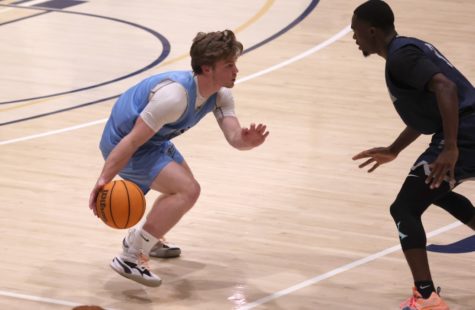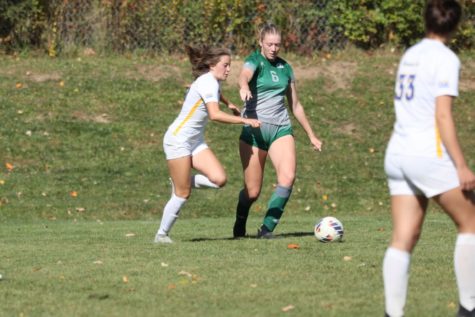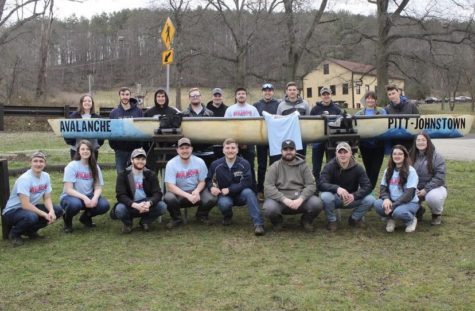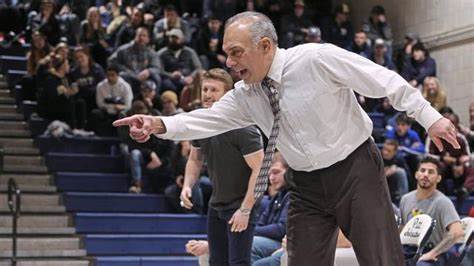Ice Hockey Club outgrowing its budget
April 13, 2016
For the Ice Hockey Club, a string of winning seasons and increased team interest brings a greater need for a larger budget.
According to sophomore team captain Tyler Shima, they have formally asked the allocations committee for roughly $95,000.
The club received $54,814.61, which is what they need approved before multiple campus-wide 10 percent budget cut.
“We budgeted for more than we ever have in the past,” he said. “We are a growing program and consistently successful.”
Shima said the team members want to have a more legitimate look by the time next season rolls around.
“We would like to have a more professional image, which is why we asked for matching bags and helmets,” he said.
The team was able to host its own tournament this season and has made the national tournament twice out of the last three years.
Shima said they have also added to their coaching staff, which seems to be somewhat of a trend for Pitt-Johnstown club sports, as the rugby club team has hired a head coach in recent weeks.
Derek Grove, former Icecat and Pitt-Johnstown graduate, joined the coaching staff before the start of the 2015-2016 season as an assistant.
Despite growing interest in the club, the possibility of the team transitioning from a club sport to a varsity sport is not likely to occur for multiple reasons, according to Student Affairs Vice President and Student Government adviser Shawn Brooks.
“There aren’t a lot of other varsity (hockey) teams in the area to play against, which means (the school) would be not able to afford travel,” he said.
“If hockey was added as a (varsity) sport, for Title IX reasons, a women’s sport must be added, so that would amount to the cost of two additional sports teams,” he said.
The Title IX act states that no person in the United States shall, on the basis of sex, be excluded from participation in, be denied the benefits of, or be subjected to discrimination under any education program or activity receiving federal financial assistance, according to the United States Education Amendments of 1972.
This requires an equal amount of varsity sports for each gender in every university’s athletics department across the country.
Other than new helmets, matching bags and coaches, the hockey budget also accounts for ice time, referees for each game and transportation along with rooming, league dues and domain fees for their website.
The only new items club members want are helmets and bags, according to Shima.
With the budget yet to be decided upon by Student Government Association officials as of April 8, it is unknown whether the club members will receive the full amount they allocated, but it is unlikely.
Because of the number of clubs and organizations that apply from allocated money for the student government, every club that applied for funds did not receive the amount they had asked for, according to Brooks.
“We have a larger than usual number of organizations asking for money (this year), so every club’s budget was hit by 10 percent across the board just for fairness and equity,” he said.
“(Hockey club members) did not get what they asked for because nobody got what they asked for.”
The club also received an additional 10 percent cut for being a club in the top 20 of largest budgets.
According to the university’s website, there are at least 112 clubs and organizations the campus community has to offer, but not all of them apply for allocations, and those that do still aren’t guaranteed money.


